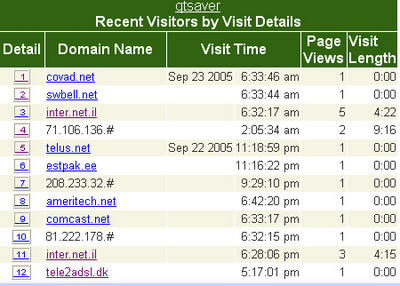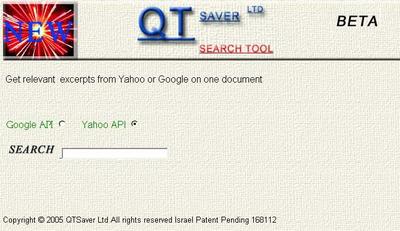One major weakness is the frequent inaccuracy of search results. Queries
for specific information tend to return either a minority of relevant documents
interspersed between an overwhelming majority of irrelevant results or no
relevant results at all. … New, more accurate methods of information retrieval
are urgently required.
This example shows that when people talk about relevance they are talking about Macro-Content relevance. Macro-Content is almost always a mixture of relevant and irrelevant content. When you're looking for a monkey in a certain zoo you usually get many other animals and many other zoos.
But the internet is currently reshaping the size of its units from big units (Web 1.0) into small units (Web 2.0) like:
- News
- Headlines
- Links
- Pictures
- Blogs
- SMS messages
- Comments
- Descriptions
- Reviews
- Announcement of events
- Recipes
- Interesting sites
- Sport records
- Recommended books
- Places to visit,
- Podcasting
- Mp3
Everybody is talking about Macro-Content relevance, and yet nobody talks about Micro content's relevance.
Why?
Maybe because there is not enough experience with micro content engines [like QTSaver].
One thing is for sure: In Web 2.0 the mixture of relevant and irrelevant items on the same result page evaporates.
Micro-Contents are either relevant or not.








